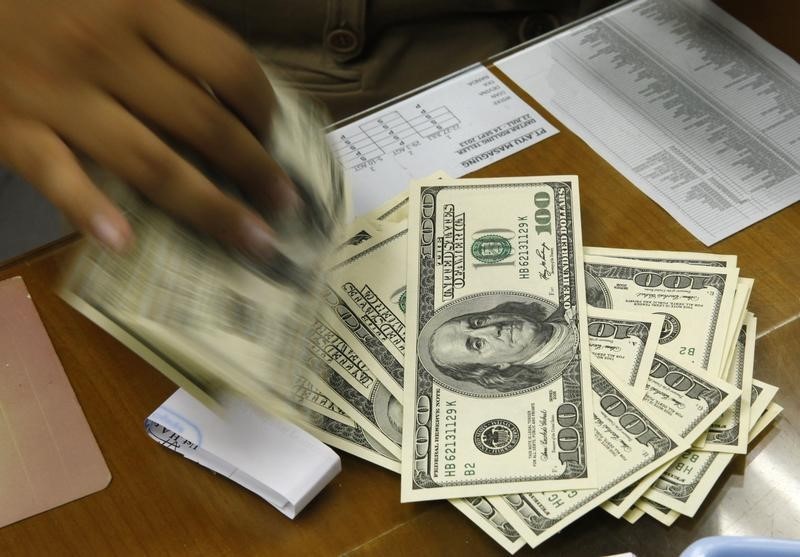(Reuters) - Big U.S. banks say that a proposed Federal Reserve rule on higher capital requirements would penalize them if the dollar remains strong against the euro, as it would make their dollar-denominated assets and operations look larger relative to their European peers, the Wall Street Journal reported.
Last December, the U.S. Federal Reserve proposed that eight of the largest U.S. banks would be required to hold an extra capital cushion and the firms will need more equity if they rely on risky types of debt.
Officials from banks including Citigroup Inc, Goldman Sachs Group Inc, Bank of America Corp and Morgan Stanley raised concerns about the rule during a Jan. 7 meeting with Fed officials, the newspaper said, citing people familiar with the gathering. (http://on.wsj.com/1ALSWM7)
Under the Fed's proposal, which would take effect in 2016, U.S. banks would calculate cushions using both the Basel method and a separate score that weighs short-term wholesale funding. They would have to meet whichever charge is higher.
The Fed rule relies on financial data compiled by the Basel Committee that is expressed in euros, which enables regulators to compare U.S. banks with their foreign competitors using just one currency. The data is converted to dollars using a spot exchange rate provided by Basel, the Journal said.
However, the dollar's rise makes the asset bases and operations of the U.S. banks look larger relative to their European and Asian peers, the newspaper said.
The banks plan to file an official comment letter later this month detailing their concerns and seeking changes to how the proposal calculates the extra capital required, the Journal said.

Representatives at the Federal Reserve, Citigroup, Goldman Sachs, Morgan Stanley, Bank of America and JP Morgan Chase could not immediately be reached for comment outside regular U.S. business hours.